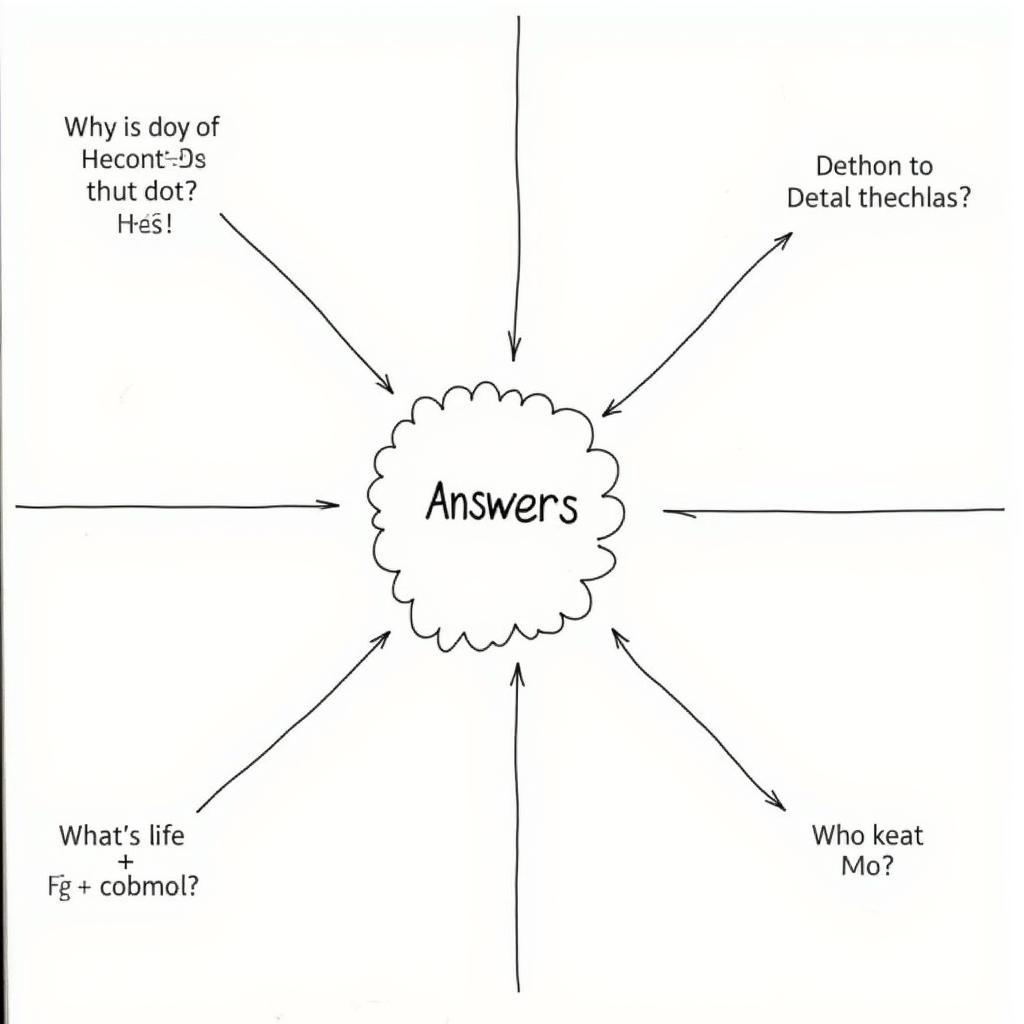Are you struggling with challenging IELTS Reading questions? Complex questions can be intimidating, but with the right approach, you can tackle them effectively. Let’s explore proven strategies to help you navigate through these demanding tasks and boost your IELTS Reading score.
Understanding Complex Question Types
Before diving into specific strategies, it’s essential to recognize different types of complex questions you might encounter. Similar to how to answer tricky vocabulary questions, each type requires a unique approach.
Multiple-Choice Questions with Multiple Answers
These questions often include several correct options, making them particularly challenging. Focus on:
- Reading all options carefully before making selections
- Looking for subtle differences between choices
- Cross-referencing with the text multiple times

Matching Information Questions
These questions test your ability to locate specific information within the text. When dealing with these, consider strategies for dealing with long texts to maintain efficiency.
Essential Strategies for Complex Questions
1. Strategic Reading Approach
- Implement effective improving speed with skimming techniques to get an overview
- Use targeted scanning for specific details
- Focus on topic sentences and conclusion statements
2. Advanced Paraphrasing Recognition
Understanding paraphrasing is crucial, as complex questions often use different words to express the same ideas. Learning Paraphrasing skills for IELTS Reading? can significantly improve your performance.
Time Management Techniques
1. The 3-Step Approach
- Quick overview (1 minute)
- Detailed reading (3-4 minutes)
- Answer verification (1-2 minutes)
2. Priority Setting
- Focus on questions worth more points
- Skip extremely difficult questions initially
- Return to challenging questions with remaining time
Advanced Tips from IELTS Experts
Dr. Sarah Thompson, IELTS examiner with 15 years of experience, suggests: “When facing complex questions, look for structural clues in the text such as discourse markers and topic sentences. These often lead you to the correct answers.”
Common Pitfalls to Avoid
- Don’t get stuck on one question for too long
- Avoid making assumptions without textual evidence
- Don’t ignore context when selecting answers
Practice Techniques for Improvement
1. Active Reading Exercises
- Practice identifying main ideas quickly
- Work on understanding complex sentence structures
- Develop speed reading while maintaining comprehension
2. Mock Test Analysis
- Time yourself strictly
- Review incorrect answers thoroughly
- Identify patterns in your mistakes
Conclusion
Mastering complex questions in IELTS Reading requires systematic practice and the right strategies. By implementing these techniques and consistently practicing, you’ll develop the confidence and skills needed to handle even the most challenging questions effectively.
FAQs
- How much time should I spend on complex questions?
- Allocate 3-4 minutes maximum per complex question.
- What if I can’t find the exact words from the question in the text?
- Look for synonyms and paraphrased expressions.
- Should I guess if I’m unsure of an answer?
- Yes, but make an educated guess based on available information.
- How can I improve my speed with complex questions?
- Regular practice with timed exercises and focusing on key information.
- What’s the best way to handle multiple correct answers?
- Read all options carefully and eliminate obviously incorrect ones first.